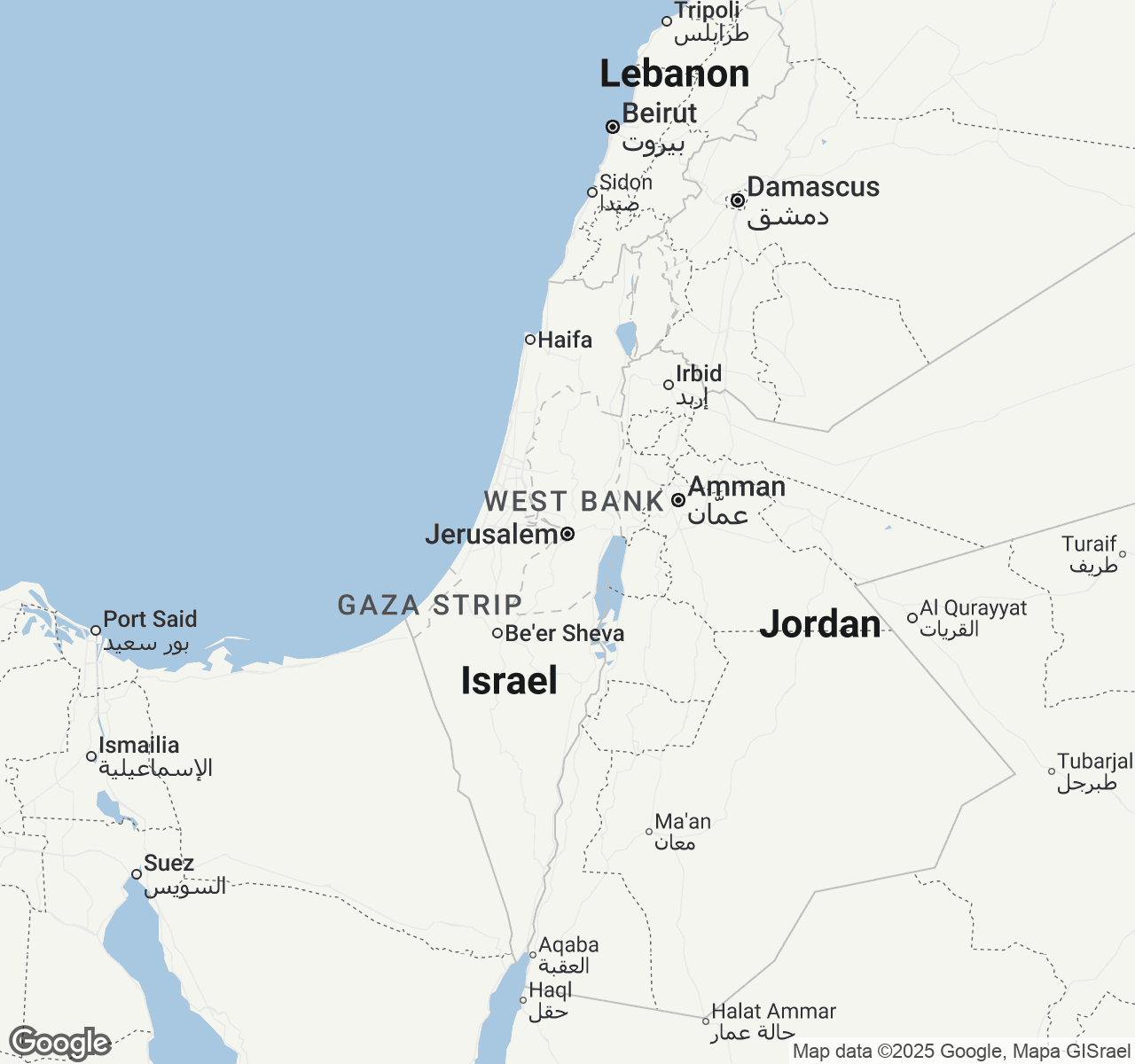
Things to Do in Jerusalem
Discover the best of Jerusalem
Plan Your Trip
Essential guides for timing and budgeting
Top Things to Do in Jerusalem
Discover the best activities and experiences. Book now with our trusted partners and enjoy hassle-free adventures.
Your Guide to Jerusalem
About Jerusalem
Where three of the world's great faiths converge in a symphony of golden stone and sacred whispers, Jerusalem stands as a living tapestry woven from millennia of devotion, conflict, and profound human experience. Ancient cobblestones echo with the footsteps of pilgrims, merchants, and dreamers who have walked these streets for over 3,000 years. The city breathes with an intensity unlike anywhere else—where the call to prayer mingles with church bells and the chanting of Torah, where modern cafés nestle against Byzantine walls, and where every stone seems to hold a story. Here, time feels layered and fluid; you might find yourself moving from a bustling 21st-century market into a sacred space unchanged for centuries within a single block. The interplay of light and shadow across the limestone facades creates an ever-changing canvas that has inspired artists, poets, and seekers throughout history. This is a place that demands not just to be seen, but to be felt—a city that will touch something deep within your soul.
Travel Tips
Transportation: Use the efficient light rail system connecting major sites, or walk the compact Old City (easily covered in 30 minutes). Avoid driving in the Old City's narrow streets. Book guided tours for efficient site-hopping, especially during religious holidays when public transport may be limited.
Money: Israeli shekels (ILS) are essential—many vendors don't accept cards. ATMs are widely available but may charge high fees. Bring cash for market purchases, tips, and small vendors. Credit cards accepted at hotels and restaurants. Current exchange: approximately 3.7 ILS per USD.
Cultural Respect: Dress modestly at religious sites: cover shoulders, knees, and heads where required. Remove hats at Christian sites, wear kippahs at Jewish sites (provided at entrances). Respect photography restrictions. Friday evenings and Saturdays see reduced services due to Shabbat observance.
Food Safety: Tap water is safe to drink. Stick to busy restaurants and street vendors with high turnover. Try authentic hummus, falafel, and shawarma from established local spots. Be aware of kosher dietary laws—many restaurants close Friday evening through Saturday evening.
When to Visit
Spring (March-May) offers Jerusalem's most pleasant weather, with temperatures ranging 60-75°F and minimal rainfall. Easter and Passover (March/April) bring massive crowds but incredible atmosphere—expect 40% higher accommodation prices. Summer (June-August) sees hot, dry conditions reaching 85°F, perfect for early morning exploration, though this is peak tourist season with 30% price premiums. Fall (September-November) provides ideal conditions with comfortable 65-80°F temperatures and occasional light rains, making it perfect for walking tours. Winter (December-February) brings cool, wet weather (45-60°F) and occasional snow, but also 25% lower prices and fewer crowds. Religious holidays dramatically impact the experience: Ramadan creates a unique evening energy in Muslim quarters, while Jewish holidays like Rosh Hashanah (September) and Yom Kippur (October) see city-wide closures but deeply spiritual atmospheres. Christmas transforms the Christian Quarter into a magical celebration. Budget travelers should target January-February for the lowest prices, while cultural enthusiasts will find spring's religious celebrations worth the premium. First-time visitors benefit from fall's perfect weather balance, while repeat visitors might embrace winter's contemplative quiet or summer's extended daylight hours.

Jerusalem location map